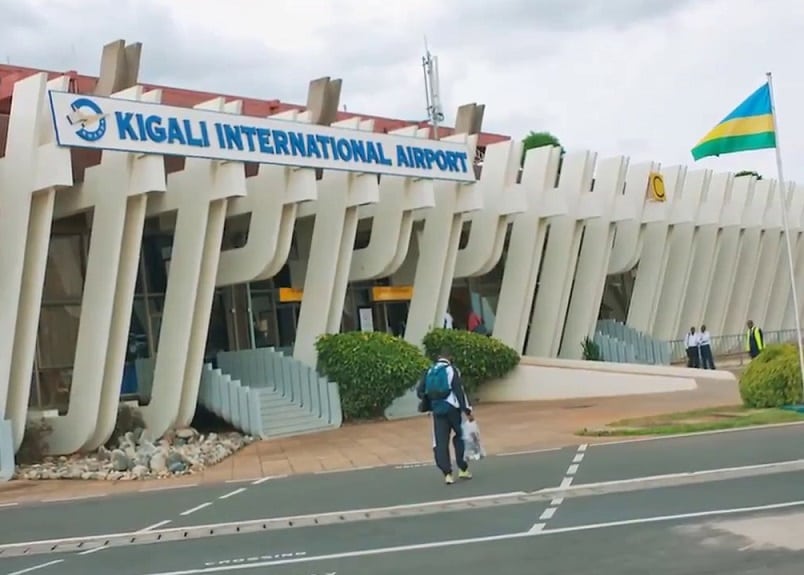Rwandan airports on Saturday reopened to international travellers, more than four months after the central African nation suspended commercial passenger flights to mitigate the COVID-19 outbreak.
The suspension didn’t affect cargo and emergency flights. Tourists travelling by charter flights had been allowed to enter the country that is famous for mountain gorilla tracking since June 17.
Rwandan national flag carrier RwandAir, which flew to 29 destinations across 24 countries throughout Africa, Europe, the Middle East and Asia before it suspended passenger flights on March 20, on Saturday resumed with a flight from Kigali International Airport to Dubai, while Kenyan and Ethiopian Airways made flights to Kigali, Rwandan Minister of Infrastructure Claver Gatete told Xinhua in a phone interview.
Gatete reiterated that to ensure the safety of passengers, all travellers are required to adhere to the health guidelines issued by the ministry of health.
The fast-growing airline has been “greatly impacted” by the pandemic, which in April said it had resolved to reduce employees’ salaries as part of measures to reduce expenditure.
It will restart services with selected African routes where travel restrictions have been eased and borders have reopened, and with one long-haul route to Dubai, while other routes will gradually resume.
The company’s CEO Yvonne Makolo told reporters earlier on Friday that the airline will ensure social distancing measures during boarding, deeply clean the planes after each flight, and enforce the policy that every passenger is only allowed to take one piece of cabin luggage on board to avoid congestion and too many physical contacts between passengers and luggage.
Precautionary measures also have been implemented throughout the Kigali International Airport, Rwanda’s main airport, to maintain the health and safety of customers and staff, according to Rwanda Airports Company, the airports’ operator of Rwanda.
The measures include using protective plexiglass at check-in and immigration counters, thermal and temperature screening, social distancing markers and increased levels of sanitization in compliance with international standards set out by the relevant authorities, it said.
The government guidelines for arrivals require them to be tested negative for COVID-19 within 72 hours before departure and receive a second test upon entry into the country.
Seventeen hotels have been designated by the government for travellers to stay while awaiting the result of the second test.
Tourism operators who have been hit hard by the pandemic are expecting to bounce back following the resumption of passenger flights in Rwanda and across the world.
“We expect tourists to come to Rwanda since airlines have resumed and countries have started opening up borders,” Lise Tuyisenge, Managing Director of Phoenix Tour and Travel Agency, told Xinhua.
However, G-Step, a leading customized tours company in Rwanda, said its expectations are not high, although the resumption of flights is a very good sign for the improvement of business.
The situation of bookings remains dismal and tourists may still not come to the country immediately after airports open, G-Step owner Andrew Gatera told Xinhua in late July.
Tourism is one of Rwanda’s economic pillars. Endangered mountain gorillas living in Volcanoes National Park contribute about 90 percent of tourism revenues from Rwanda national parks.
Currently, land borders of Rwanda remain closed, except for goods and cargo, as well as returning Rwandan citizens and legal residents.
******
XINHUA
![]()



























